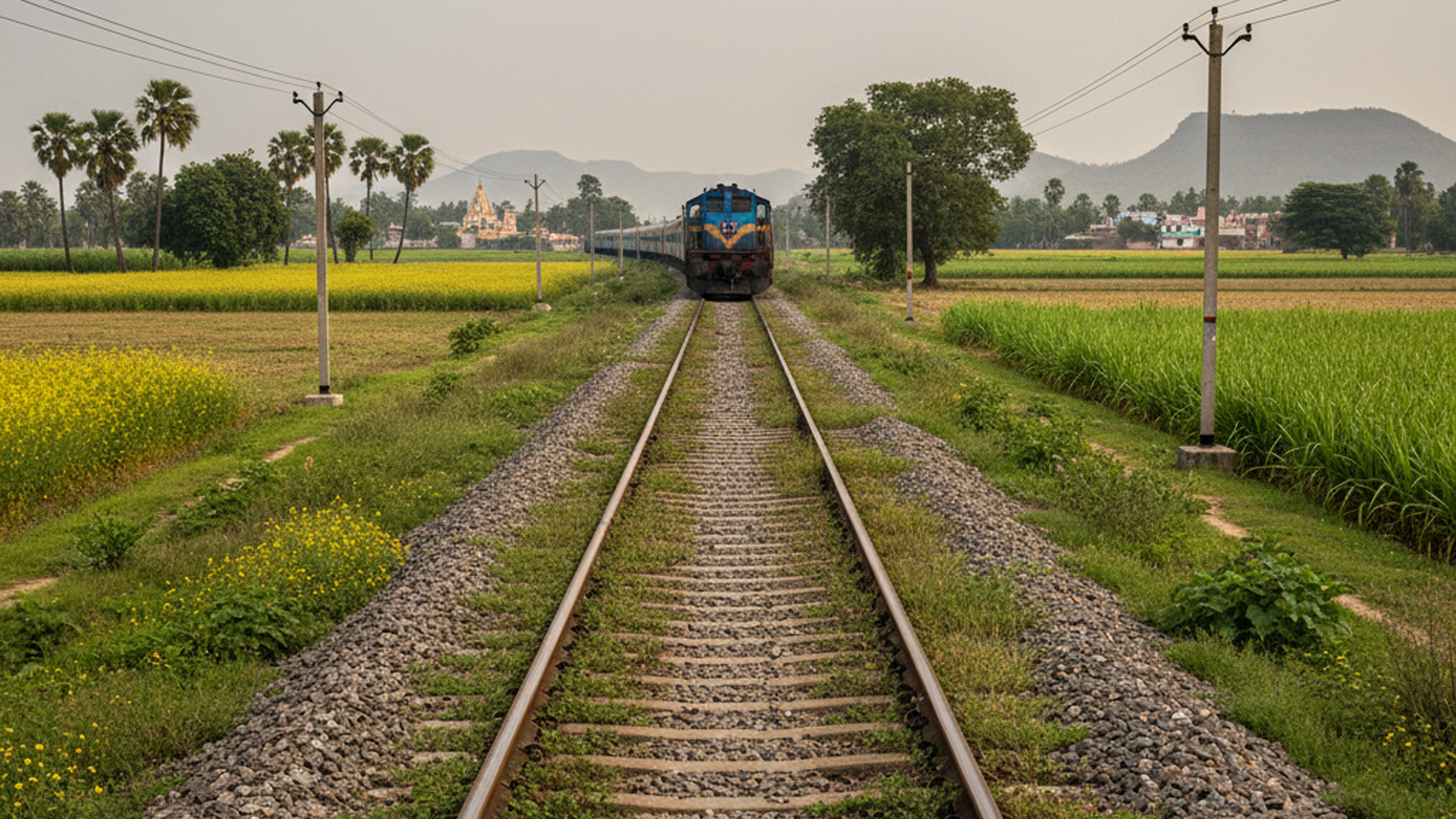The Cabinet Committee on Economic Affairs (CCEA), chaired by Prime Minister Narendra Modi, on Tuesday approved four major multitracking projects of the Railways Ministry with a total estimated cost of ₹24,634 crore, covering 18 districts across Maharashtra, Madhya Pradesh, Gujarat, and Chhattisgarh. The projects will add approximately 894 kilometres to the existing railway network, significantly enhancing connectivity and operational efficiency.
The approved projects include the Wardha-Bhusawal third and fourth lines (314 km) in Maharashtra; Gondia-Dongargarh fourth line (84 km) spanning Maharashtra and Chhattisgarh; Vadodara-Ratlam third and fourth lines (259 km) in Gujarat and Madhya Pradesh; and the Itarsi-Bhopal-Bina fourth line (237 km) in Madhya Pradesh.
According to Railways Ministry, these projects will improve connectivity for about 3,633 villages with a combined population of nearly 85.84 lakh, including two Aspirational Districts – Vidisha (Madhya Pradesh) and Rajnandgaon (Chhattisgarh). The enhanced rail infrastructure is expected to ease congestion, streamline operations, and bolster the efficiency and reliability of passenger and freight services.
Planned under the PM Gati Shakti National Master Plan, the multitracking projects focus on integrated and multimodal connectivity, promoting logistics efficiency and coordinated planning among stakeholders.
The upgraded routes will also improve access to several key tourist and cultural destinations, including Sanchi, Satpura Tiger Reserve, Bhimbetka Rock Shelters, Hazara Falls, and Nawegaon National Park, enhancing tourism potential in the region.
Besides boosting passenger connectivity, the routes are crucial freight corridors for transporting coal, cement, containers, food grains, steel, fly ash, and other commodities. The increased capacity is expected to handle an additional 78 million tonnes of freight annually (MTPA).
As an energy-efficient and environmentally sustainable mode of transport, railways will play a pivotal role in reducing carbon emissions and dependence on fossil fuels. The multitracking projects are projected to cut CO2 emissions by 139 crore kilograms – equivalent to planting six crore trees – and reduce oil imports by around 28 crore litres.
The Railways Ministry said that these capacity enhancement works will not only strengthen India’s rail infrastructure but also contribute significantly to the nation’s climate goals, economic growth, and logistics competitiveness, marking another step towards the vision of a modern, efficient, and self-reliant India.














